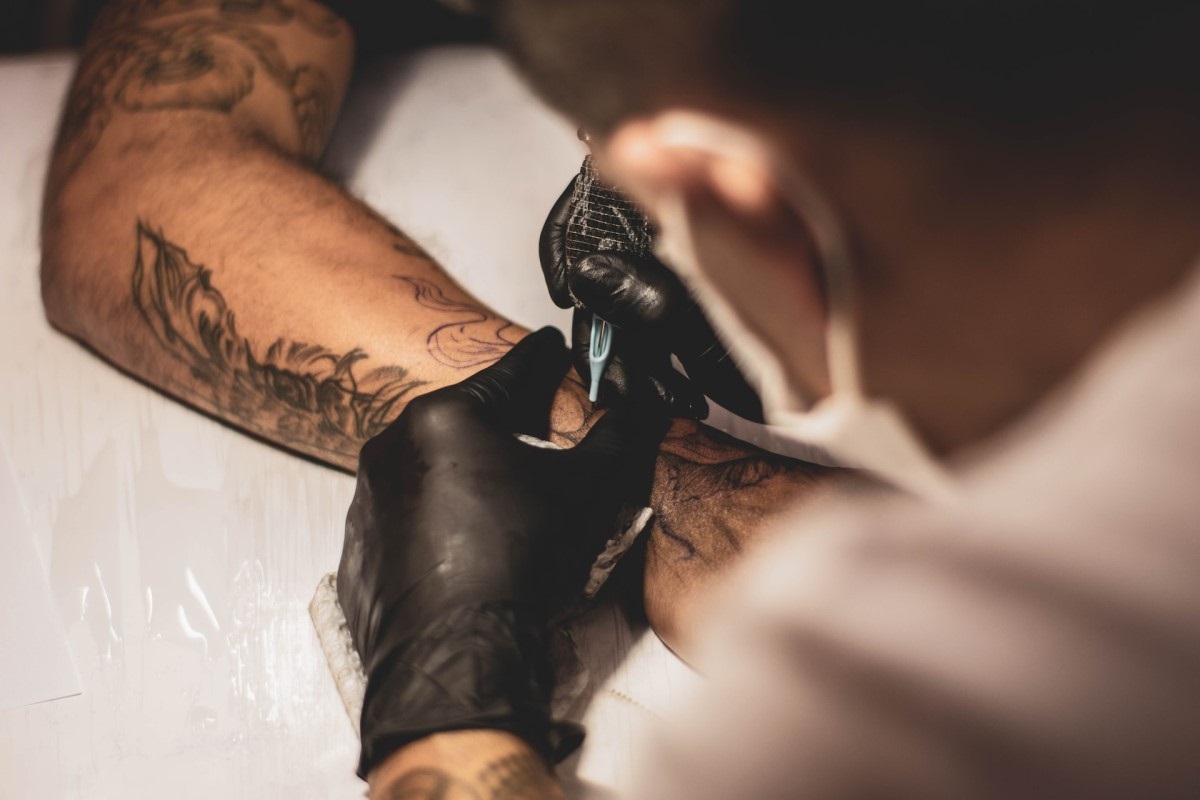The Psychology Behind Success Tattoos – Understanding Their Impact
Contrary to popular belief, getting a tattoo is not addictive. People must spend time-saving money and consider the consequences before getting a tattoo.
Despite these caveats, it is vital to understand the impact of tattoos on others. Research shows that tattoos may have a variety of positive and negative effects.
Motivations
Many tattooed people find that their body is a canvas for self-expression. They may tattoo themselves with intimidating animals and messages, artistic pictures, or social causes. Some may even get silly things that are designed exclusively to puzzle onlookers. These choices are highly impactful in ensuring that the person with a tattoo stands out amongst the crowd and captures the attention of others.
A man in psychotherapy for PTSD discussed his body markings with his therapist. He explained that he had been getting tattoos since he was 11. The earliest marks expressed his racial affiliation and his engagement with gangs. Later he began to get images of fighting, weapons, and Greek philosophy.
Researchers have found that many people with tattoos have experienced childhood trauma or neglect. They are often survivors of domestic violence, sexual abuse, or substance abuse. They use body modification as a form of emotional regulation and coping. People use it to connect with other members of their community as well.
Self-Esteem
Many people that get tattoos report a burst in self-esteem and happiness, similar to getting a new haircut. It’s a permanent change they can show off to their friends and family.
A study found that people, regardless of gender, felt better about themselves and had reduced anxiety after getting a success tattoo. It led to an increase in body appreciation and self-esteem. Their positive feelings were sustained at three weeks. However, the women had more social physique anxiety than the men. It could be due to the negative social stigma of having visible tattoos in professional settings.
The research also showed that the more tattoos someone had, the more confident they were. The more they had, their current self-image was closer to their ideal self-image. The researchers referred to this correlation as the Manhattan distance. A low Manhattan distance indicated high self-esteem. It is good because they can appreciate their accomplishments and believe in themselves.
Self-Confidence
In the case of tattoos, they allow individuals to showcase their beliefs and values. They can be in quotes, artistic pictures, social causes, or silly things that puzzle onlookers.
In a study, people with tattoos rated their body image and self-esteem constructs in the “good and sympathy” quadrant (optimistic subjective estimation) compared to those without tattoos. These findings suggest that the motivations behind getting tattoos are linked to positive feelings of personal self-esteem.
Moreover, getting a tattoo could also benefit survivors of childhood abuse and neglect who exhibit impulsive behaviors, risk-taking, and low self-esteem in psychiatric samples.[4]
For example, Amy Bleuel founded Project Semicolon, which encourages those struggling with mental illness and suicidal thoughts to get a semicolon tattoo on their wrist to remind them that there is always hope. Getting a tattoo can help survivors feel like they have control over their lives and futures, as it is a permanent commitment.
Mental Health
Despite the stereotype of tattoos being obtained by intoxicated youths who regret them the next day, most tattooed people report satisfaction with their tats. Some people even have mental health tattoos that remind them to stay strong when life gets tough.
According to symbolic interactionism theory, people get tattoos to express their identity. It includes a person’s beliefs, values, and personality. People also use tattoos to communicate their status in a social group or subculture.
Several studies have examined whether there are personality differences between tattooed and non-tattooed individuals. However, these studies may need to consider tattoo size, location, and content complexities. A tattoo’s meaning can vary based on the individual’s identity, so the results of studies on tattoos may only sometimes be accurate. For example, a tattoo of an ex’s name might mean something very different to someone not in the same relationship.
















